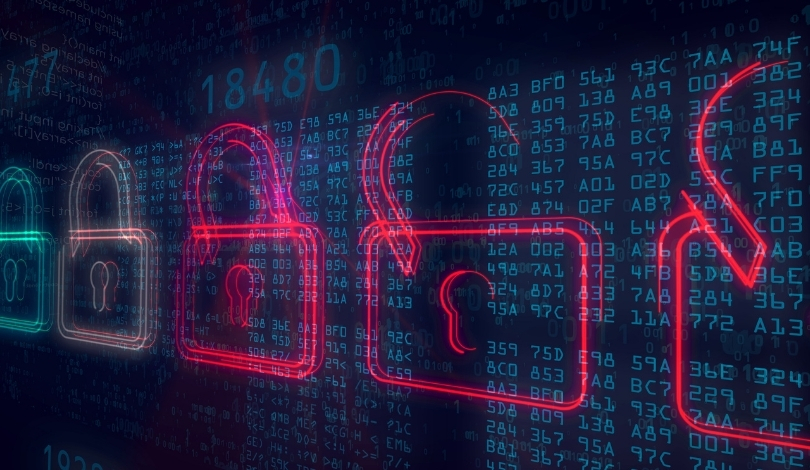In a notable development, the U.S. National Security Agency (NSA) has released a historic lecture by Rear Adm. Grace Hopper, a pioneering figure in computer science. The lecture, entitled “Future Possibilities: Data, Hardware, Software, and People,” was delivered 42 years ago and remains relevant today. The release, facilitated by a records request from the nonprofit MuckRock Foundation and technical support from the National Archives, is now accessible on YouTube. This lecture underscores the enduring challenges and opportunities in the fields of data management and cybersecurity.
Recent discussions about cybersecurity and data management echo many of the concerns Hopper voiced in her lecture. For instance, her prediction about the increasing volumes of data and the demand for instant access is still pertinent. Similarly, the necessity for robust cybersecurity measures, both in the public and private sectors, continues to be a critical issue. These issues were previously highlighted in various forums, reinforcing the timeless nature of Hopper’s insights.
Enduring Relevance of Hopper’s Insights
In her lecture, Hopper anticipated a future where data and information would increase exponentially, creating a conflict between data availability and access speed. She emphasized the need to evaluate the value of processed information, a principle that remains significant today. Hopper’s mention of the first computer “bug” found in 1945—a moth inside a relay—illustrates the long-standing challenges in computer maintenance and troubleshooting.
“There are two things that are dead sure… the amount of data and the amount of information will continue to increase, and it’s more than linear. And the other is the demand for instant access to that information will increase.”
Challenges in Cybersecurity
Hopper also addressed cybersecurity, highlighting the inadequate measures in place to protect valuable information in both government and industry. She pointed out cases of industrial espionage and the illegal use of personal information for blackmail, issues that have become even more relevant with the proliferation of digital data.
“We’re doing a very poor job… at protecting valuable information and protecting against fraud and theft. I think, mostly, people forget how many reasons there are for security.”
A notable anecdote from her lecture involved a case of young hackers compromising a company’s data. Hopper’s unconventional suggestion to employ these youngsters to enhance security systems reflects her forward-thinking approach to problem-solving in technology.
“Make them work for us. They might be able to make the worldwide military command and control system work.”
The release of Grace Hopper’s lecture provides valuable historical context to ongoing discussions about data management and cybersecurity. Her insights continue to be relevant, demonstrating the long-term challenges and opportunities in these fields. For contemporary audiences, the lecture offers both a retrospective on the evolution of computer science and a forward-looking perspective on its future trajectory. This enduring relevance underlines the importance of understanding and addressing the complexities of technology in our rapidly evolving digital world.










